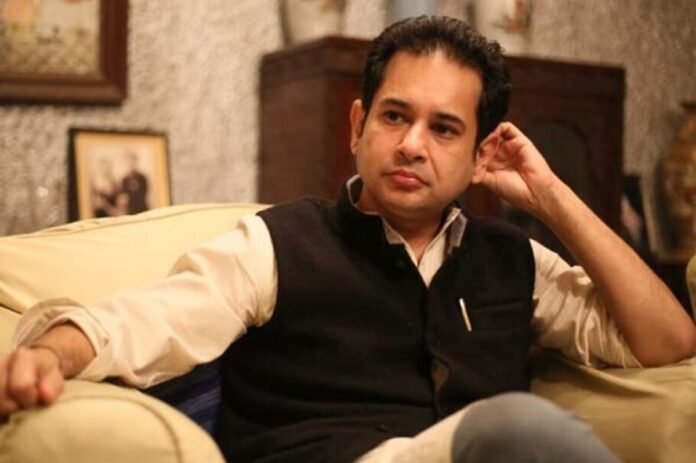In a recent social media post, Pradyot Kishore, the ‘Tipra Motha’ supremo and royal scion, has stirred the political pot by questioning the controversy surrounding the country’s name. He has tactically shifted his political stance, leaving many to ponder his motives. In this article, we delve into Pradyot’s views on naming the nation ‘Bharat’ instead of ‘India,’ exploring the historical and constitutional dimensions of this debate.
Pradyot’s Challenge to Congress:
Pradyot’s social media post not only challenged the Congress, his former party, but also raised significant questions about the ongoing debate. He pointed out that Rahul Gandhi himself organized and participated in a march called ‘Bharat Jodo Yatra,’ emphasizing that it was never referred to as ‘India Jodo Yatra.’ This apparent contradiction prompted Pradyot to question why there is now an objection to the use of the term ‘Bharat.’
Historical Roots:
Pradyot’s argument is grounded in the historical roots of the name ‘Bharat.’ He contends that since ancient times, particularly during the eras of the Puranas and epics, the Indian subcontinent has been referred to as ‘Bharat.’ Citing the Vishnu Purana, he highlighted a hymn that unequivocally states that those inhabiting the region between the Himalayas to the north and the seas to the south are known as ‘Bharatis,’ and the land itself is known as ‘Bharat.’
Foreign Influence:
Pradyot also drew attention to the fact that foreigners, such as the Greeks and later the English, began calling the nation ‘India.’ He underlined that even Article 1 of the Indian Constitution expressly states, “India, that is Bharat, is a union of states.” From this perspective, Pradyot argues that ‘Bharat’ is the very soul of this sacred land, encompassing the Bay of Bengal, the Arabian Sea, the Indian Ocean, and the Himalayas.
A Matter of Conviction:
While political analysts may attempt to discern hidden political motives in Pradyot’s statement, it appears to stem from a deep-seated conviction as a true nationalist. Pradyot’s passionate defense of ‘Bharat’ as the exclusive name for the nation transcends political calculations. He has refrained from providing any specific interpretation or explanation of his statement, leaving it open for public discourse.
Pradyot Kishore’s perspective on naming the country ‘Bharat’ instead of ‘India’ is not just a political maneuver but a reflection of his profound nationalist sentiment. His references to historical texts and the Indian Constitution add depth to the ongoing debate about the nation’s identity. Whether this sparks a broader discussion or remains a solitary viewpoint, only time will tell. As the nation grapples with its identity, Pradyot’s stance serves as a reminder of the rich tapestry of India’s history and the power of its ancient name, ‘Bharat.’


